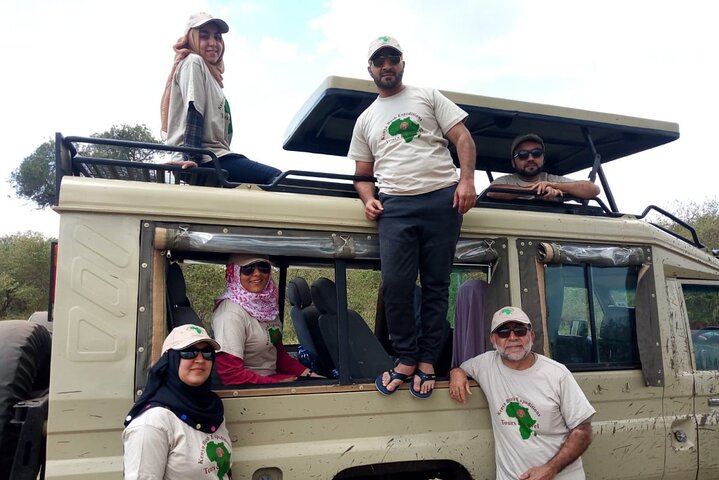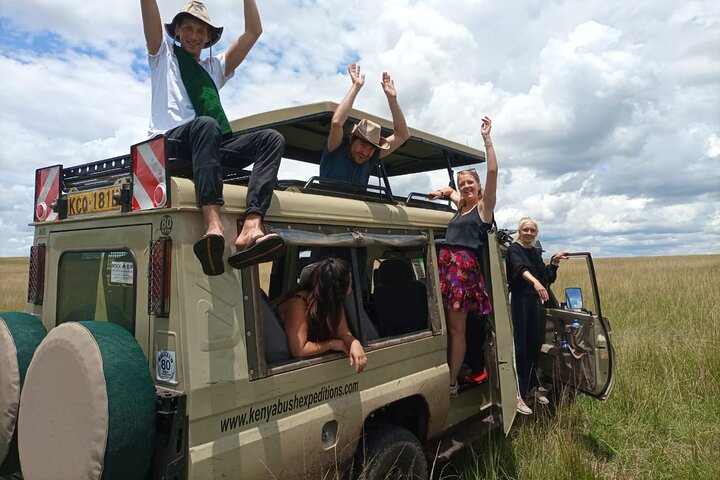
Kajiado, located in Kajiado County, Kenya, is a hidden gem that offers a unique blend of cultural richness and natural beauty. This region is a paradise for those looking to immerse themselves in authentic Maasai culture and experience the breathtaking landscapes of Kenya. One of the must-do activities in Kajiado is the Ostrich Farm Tour, where you can interact with these magnificent birds and learn about their significance in the local culture. For a deeper cultural experience, consider the Maasai Village Tour, which allows you to engage with the Maasai people and gain insights into their traditional way of life. Kajiado is not just about cultural experiences; it also offers stunning natural scenery, perfect for nature walks and photography. Whether you’re a local or a tourist, Kajiado promises an unforgettable adventure filled with unique experiences and lasting memories.
Kajiado, located in Kajiado County, Kenya, is a hidden gem that offers a unique blend of cultural richness and natural beauty. This region is a paradise for those looking to immerse themselves in authentic Maasai culture and experience the breathtaking landscapes of Kenya. One of the must-do activities in Kajiado is the Ostrich Farm Tour, where you can interact with these magnificent birds and learn about their significance in the local culture. For a deeper cultural experience, consider the Maasai Village Tour, which allows you to engage with the Maasai people and gain insights into their traditional way of life. Kajiado is not just about cultural experiences; it also offers stunning natural scenery, perfect for nature walks and photography. Whether you’re a local or a tourist, Kajiado promises an unforgettable adventure filled with unique experiences and lasting memories.








































































































